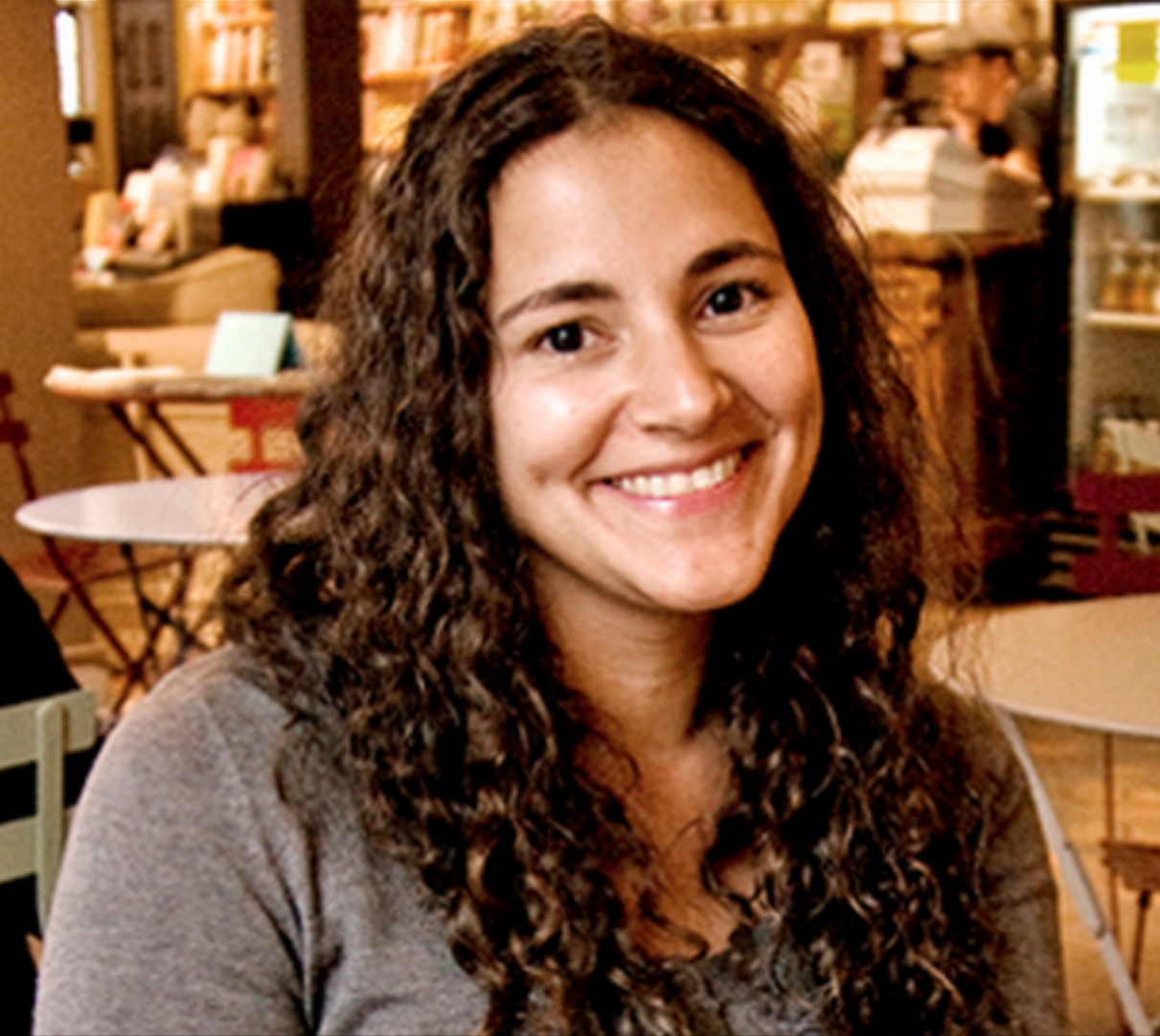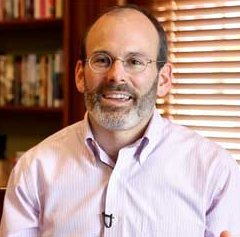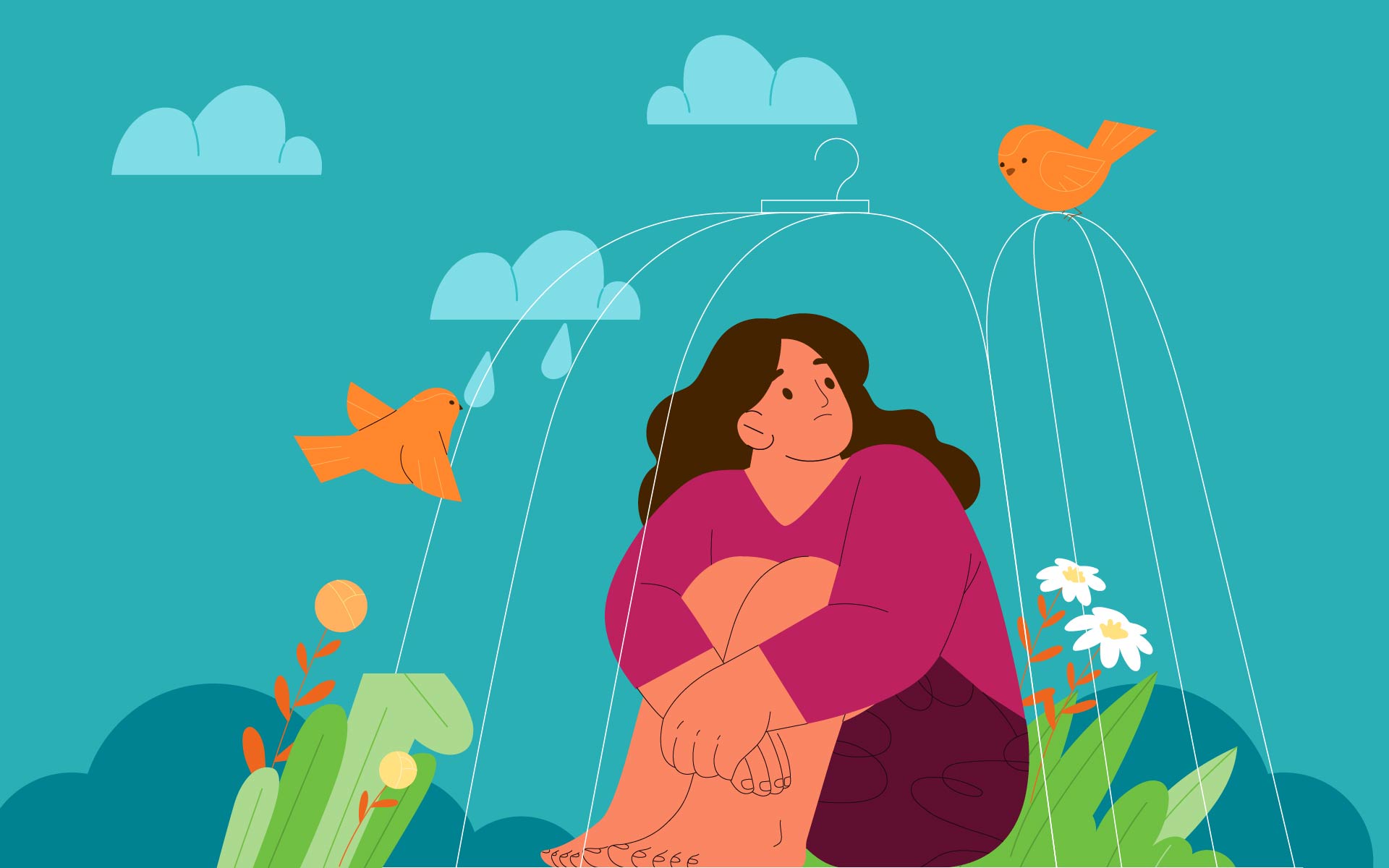How can we create a happier world?
The United Nations adopted a resolution affirming happiness as a fundamental human goal—and suggesting that we should approach economic growth in a way that promotes well-being for everyone.
Social systems and institutions have a role to play in our happiness, and that’s evident in this year’s World Happiness Report. Researchers ranked countries by their average happiness levels and found, for example, that GDP, life expectancy, freedom, and corruption make a difference. In the ranking, Finland, Norway, and Denmark came out on top. The United States dropped four spots to number 18.
That’s the big picture. But happiness is also a very individual pursuit—and there are attitudes and habits we can cultivate in daily life that will enhance our personal well-being.
For some inspiration, we decided to ask the experts—the researchers who are actually studying well-being—about their favorite happiness practices. Many of their suggestions revolve around the themes of relationships, kindness, and helping each other.
1: Be Alert to High-Quality Connections

Jane Dutton, professor of business administration and psychology at the University of Michigan: My favorite research-based happiness practice is to be alert to high-quality connections (HQCs) that I have with other people during the course of the day. I know that it is a high-quality connection when I sense vitality and aliveness in the interaction, even if it is a stranger. My practice is to notice, savor, elaborate, and remember these HQCs, which are like vitamins that strengthen me from within.
2: Practice Loving-Kindness Meditation

Laurie Santos, professor of psychology and cognitive science at Yale University: Loving-kindness meditation. I find this type of meditation a lot easier than other, more breath-based meditations, and I’m always surprised at how centered it makes me feel. I also love to see the downstream effects this practice has in my interactions with others and my patience with my own foibles, too.
3: No, Really. Practice Loving-Kindness

Judson Brewer, associate professor at the University of Massachusetts Medical School:Loving-kindness! It took me years to bumble my way into noticing how sweet this practice is. During my psychiatry residency training, I literally learned on the go: While biking to work, I started playing with offering kindness to drivers that honked at me, and found that when I got to the hospital I was peaceful and happy instead of angry at “those drivers.” Life-changing practice.
4: Practice Gratitude

Kristin Layous, assistant professor of psychology at California State University, East Bay: Practicing gratitude. Gratitude letters can be so moving, but I also just think that taking note of what’s good in your life is quite powerful (like counting blessings). I don’t keep a journal of my blessings, but just sometimes when my mind wanders or seems to be skewing negative, I try to re-focus to the very real good things in my life, and it helps me not to dwell on the bad.
5: Find Time to Exercise

Elizabeth Dunn, professor of psychology at the University of British Columbia: Exercise. Even though I’m really busy, I block off an hour every day to run, swim, bike, or do yoga. As well as reading the relevant research, I’ve monitored my own mood and discovered that this practice makes a huge difference for my happiness.
6: Meditate and Build Strength

Hedy Kober, assistant professor of psychiatry and psychology at Columbia University: Meditation, gratitude, physical exercise. Together, they keep me flexible and strong. They keep my mind clear, my heart open, and my body able.
7: Enjoy Life, Not Things

Michael Norton, professor of business administration at Harvard Business School: Chris Hsee’s research on overearning shows that we become so obsessed with accumulating that we forget about enjoying. It’s often on my mind, as I think about what is worth accumulating in life—and what is not.
8: Pursue Your Passions

Tim Kasser, professor of psychology at Knox College: Research shows that people who pursue intrinsic goals for personal growth, affiliation, and community feeling report higher well-being than those focused on extrinsic goals for money, image, and status. This is why I spend a lot of my time playing the piano and working in the garden, chatting with my wife and kids, and volunteering, and why I spend as little time as possible shopping or worrying about what other people think about my appearance or status.
9: Appreciate Your Family and Community

Gregory Fricchione, associate chief of psychiatry at Massachusetts General Hospital: It’s all about feeling grateful for being connected to my family and community. It is what I choose to meditate on—That feeling we sense from the intense moments of attachment.
This article originally appeared on Greater Good, the online magazine of UC Berkeley’s Greater Good Science Center, one of Mindful’s partners. View the original article.







